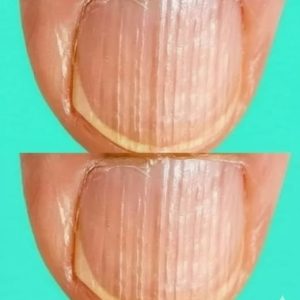California Democratic Senator Adam Schiff is under criminal investigation by the U.S. Attorney’s Office in Maryland for alleged mortgage fraud. The investigation stems from a criminal referral by the Federal Housing Finance Agency (FHFA), which accuses Schiff of falsifying bank and property records to obtain more favorable mortgage terms. If confirmed, these actions could lead to criminal charges related to mortgage fraud spanning over a decade.
A central issue in the case involves Schiff’s conflicting declarations about his primary residence. In 2011, he certified a home in Potomac, Maryland, as his primary residence while also claiming a tax exemption for a condo in Burbank, California, as his primary residence as recently as 2023. These discrepancies raise concerns about misrepresentation to financial institutions and tax authorities.
FHFA Director William Pulte sent a letter to the Justice Department outlining Schiff’s alleged misconduct. The letter cites repeated false certifications from 2003 to 2019, involving loans backed by Fannie Mae. Pulte emphasized that mortgage fraud undermines the security of the U.S. housing market and that the FHFA treats such allegations with the utmost seriousness.
Further findings from Fannie Mae’s financial crimes unit suggest Schiff engaged in “a sustained pattern of possible occupancy misrepresentation” on at least five loans. The couple repeatedly declared the Maryland property as their primary residence even while Schiff represented California in Congress and claimed homeowner tax benefits on his California property.
In 2020, the Schiff family finally reclassified the Maryland home as a secondary residence. By then, questions had already arisen over his eligibility for preferential loan terms and tax exemptions. Pulte pointed out that Schiff appeared aware of the financial benefits tied to falsely declaring a property as a primary residence.
When questioned on NBC’s Meet the Press, Schiff dismissed the allegations as politically motivated attacks from his critics. However, critics like columnist Miranda Devine argued that his nervous demeanor on air and his dismissal of the investigation reflect deeper concerns about the seriousness of the charges.





